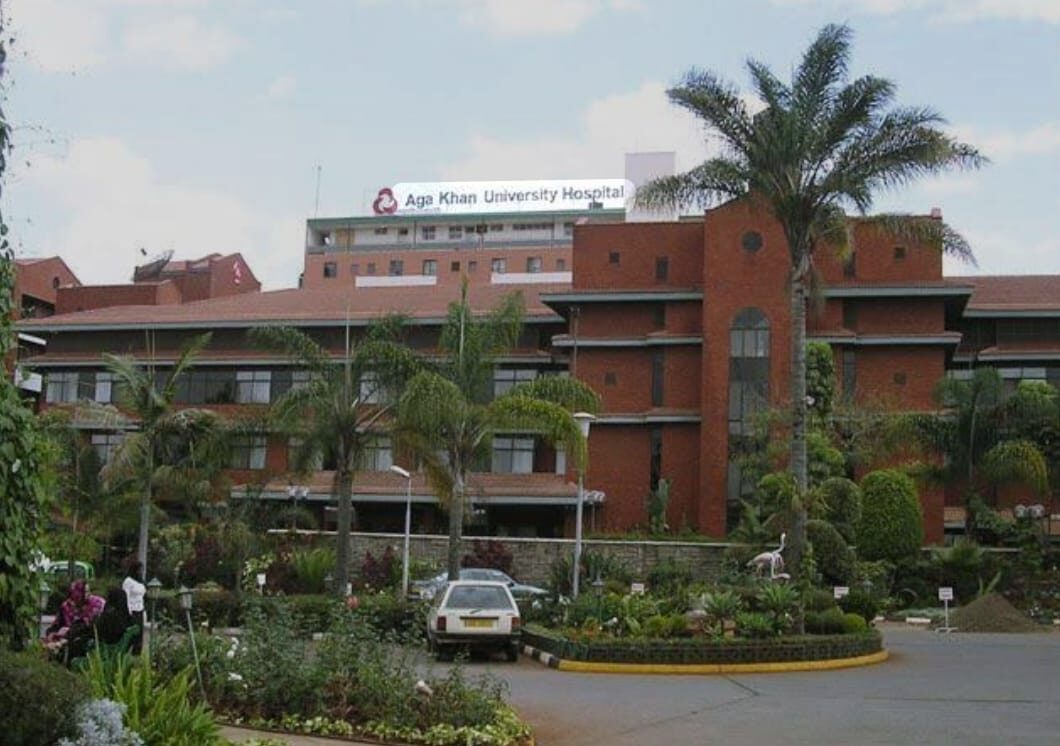Nairobi, Kenya — In a landmark ruling that has sent shockwaves through East Africa’s medical community, the Aga Khan University Hospital—long considered one of the region’s premier healthcare institutions has been ordered to pay over $1.2 million (Kshs. 157 Million) in damages to a former patient after a devastating case of medical negligence.
The High Court of Kenya ruled that the hospital, headquartered in Nairobi, gravely violated the rights of a woman by performing an unauthorized and irreversible surgery that left her with permanent physical and emotional trauma.
The High Court Judge, Justice Alexander Muteti described the actions of the attending gynecologist as “grossly negligent” after he removed the patient’s cervix without her consent during a routine surgical procedure in 2006.
As a consequence of the illegal surgery, the patient suffered life-altering injuries, leading to the loss of her employment and earning capacity.
The court ruling also noted that the unwarranted removal of the patient’s s cervix was a direct violation of her fundamental rights. The court also noted that the woman sustained life-altering injuries that led to the loss of her employment.
Notably, the patient and her spouse testified to have experienced a profound loss of amenities and consortium, a term referring to the rights arising from the marriage relationship, which significantly diminished their overall quality of life.
The patient specifically highlighted the loss of her cervix led to her loss of sexual enjoyment and inability to sexually satisfy her husband.
While the court exonerated a second medical practitioner involved in the case, the court firmly held Aga Khan University Hospital accountable for breaching its duty of care.
It was revealed that the hospital had allowed the negligent gynaecologist to practice despite being aware of his prior disbarment from medical practice in Uganda.
This alarming oversight, coupled with the hospital’s failure to provide essential diagnostic equipment like a flexible cystoscope, delayed the detection of severe complications that later required specialized, costly treatment in South Africa.
The court acknowledged the plaintiffs’ detailed claims, including specific special damages incurred, and ultimately ruled that they are entitled to recover both special and general damages, totaling to Ksh.157 million (approximately USD $1.2 million). The former patient informed the court that the nature of her injuries necessitates sustained and continuous medical treatment, for which the compensation also includes future medical costs.
Aga Khan University Hospital has yet to issue an official response.

